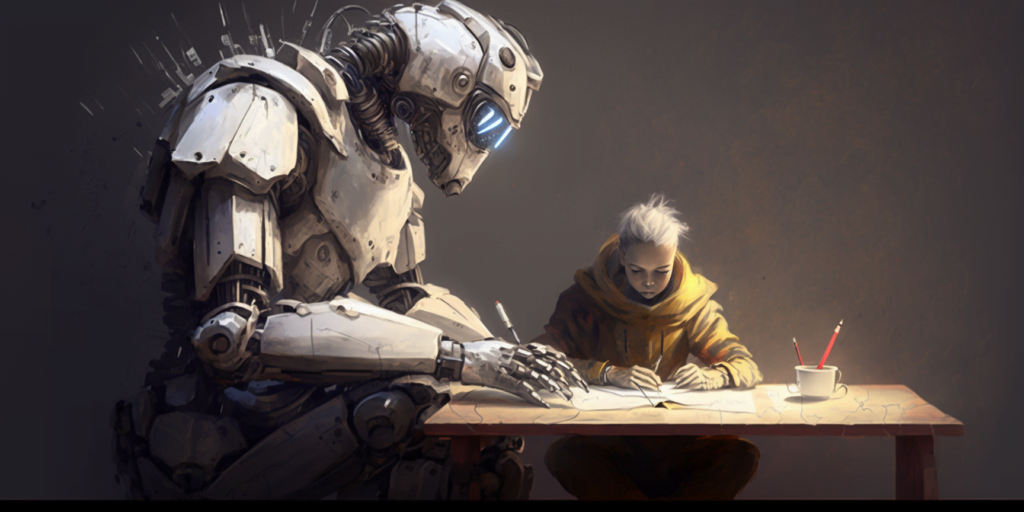The US Copyright Office issued a ruling today that AI-generated content can, in fact, be copyrighted — as long as a human being has contributed work to the end product, whether in the form of writing some of the text, or selecting or arranging the material.
That doesn’t mean that the AI can get any credit. The human will be considered the author of the parts of the text that they wrote or arranged.
Simply putting in a prompt and using the result does not qualify for copyright protection, the statement said, because then the human can’t exercise creative control over the output.
“When an AI technology determines the expressive elements of its output, the generated material is not the product of human authorship,” wrote Shira Perlmutter, Register of Copyrights and Director of the U.S. Copyright Office, in the new policy statement. “In other cases, however, a work containing AI-generated material will also contain sufficient human authorship to support a copyright claim. For example, a human may select or arrange AI-generated material in a sufficiently creative way that ‘the resulting work as a whole constitutes an original work of authorship.'”
According to Perlmutter, this has already been the case for other technologies. Artists, for example, use Photoshop to edit an image, but they’re still considered the author of the modified image for copyright purposes. The same holds for a musical artist using technology to create special effects.
“In each case, what matters is the extent to which the human had creative control over the work’s expression,” said Perlmutter.

So, in order to copyright a piece of work generated by AI, a human has to have some degree of creative input in its production or arrangement.
“The Office is already receiving and examining applications for registration that claim copyright in AI-generated material,” said Perlmutter.
And no, the AI itself can’t be a copyright holder.
According to the Copyright Office, human authorship is a key requirement of copyright. Photographers are the creators of photographs, for example — not the cameras used to take the pictures.
The statement isn’t going to be the final word on the matter.
The US Copyright Office has launched an agency-wide initiative to investigate copyright issues related to AI-generated work, Perlmutter said. “Among other things, the Office intends to publish a notice of inquiry later this year seeking public input on additional legal and policy topics, including how the law should apply to the use of copyrighted works in AI training and the resulting treatment of outputs.”
This is a particularly thorny issues for businesses using AI to create marketing and other content, said Shlomit Yanisky-Ravid, a visiting professor at Fordham Law School and head of the Fordham AI and Intellectual Property project.
And software and entertainment companies rely heavily on AI, she told MetaStellar. If no AI-generated text and art can be copyrighted, then companies may lose copyright protection for their products. “In fact, some companies, such as Cisco, have already banned the use of these tools by their employees.”
It will be a tricky issue to figure out how much creativity is enough, and I personally would like to see the definition of creative input to include prompt engineering and selection of final product. After all, if it takes someone hours, or days, to get the prompt just right, and then they go through hundreds or thousands of outputs before they find the one they want — well, that’s very similar to figuring out where to point the camera, and then sorting through the resulting photos to find the perfect shot.
MetaStellar editor and publisher Maria Korolov is a science fiction novelist, writing stories set in a future virtual world. And, during the day, she is an award-winning freelance technology journalist who covers artificial intelligence, cybersecurity and enterprise virtual reality. See her Amazon author page here and follow her on Twitter, Facebook, or LinkedIn, and check out her latest videos on the Maria Korolov YouTube channel. Email her at [email protected]. She is also the editor and publisher of Hypergrid Business, one of the top global sites covering virtual reality.

